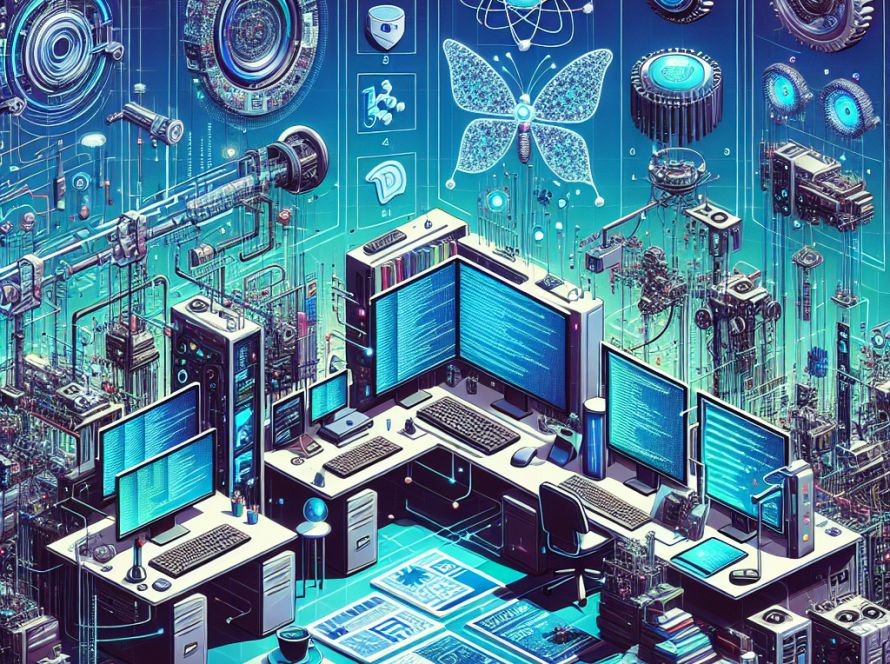OpenAI’s latest AI tool called Sora, which is capable of producing high-quality, photorealistic moving images along with complex camera motion, has sparked discussions surrounding the ethics of AI-generated art. Many artists are concerned about how these tools could potentially replace human creativity in the field. Melbourne-based artist and animator, Laura Thiele, expresses her concerns stating that tools like Sora may lead artists and animators to become redundant in their own industry.
OpenAI’s approach towards this tool has also been viewed as questionable, with the company’s use of data stirring controversy. There has been speculation about the exact type and nature of data used to train Sora. Thiele illustrates the unscrupulousness of the process, where artists have allegedly been violated, with their art stolen to train AI tools without their consent. She cites an incident from last year where US artists sued a company for using their art to train the company’s AI model without permission.
The issues go beyond the creation of AI-produced art. Dr. Luke Munn, a research fellow of AI at the University of Queensland, believes that Sora’s arrival spotlights our unhealthy relationship with art as consumers living in an era saturated with content. He argues that we have begun to passively accept whatever appears on our screens.
Australian cartoonist, David Blumenstein, shares a similar sentiment, saying that AI tools are developed to replace artists whereas the tools should ideally be developed to assist artists in creating unique content. He feels that generative AI companies are driving businesses into fearing that they’ll miss out, which can lead them to thoughtlessly invest in AI.
The art industry, particularly animation, is already steeped in exploitation with issues ranging from budget cuts to underpaid staff and rampant burnout. AI adds to these challenges by providing another tool that can be exploited, according to Thiele.
Thiele suggests that it’s time for consumers to support Indie animation and other creative projects. She recommends exploring platforms like Kickstarter to find and support artists who are creating traditional frame-by-frame animations. Despite the challenges, Thiele remains optimistic about the future for creatives and animators who have distinct and intricate narratives to share.


